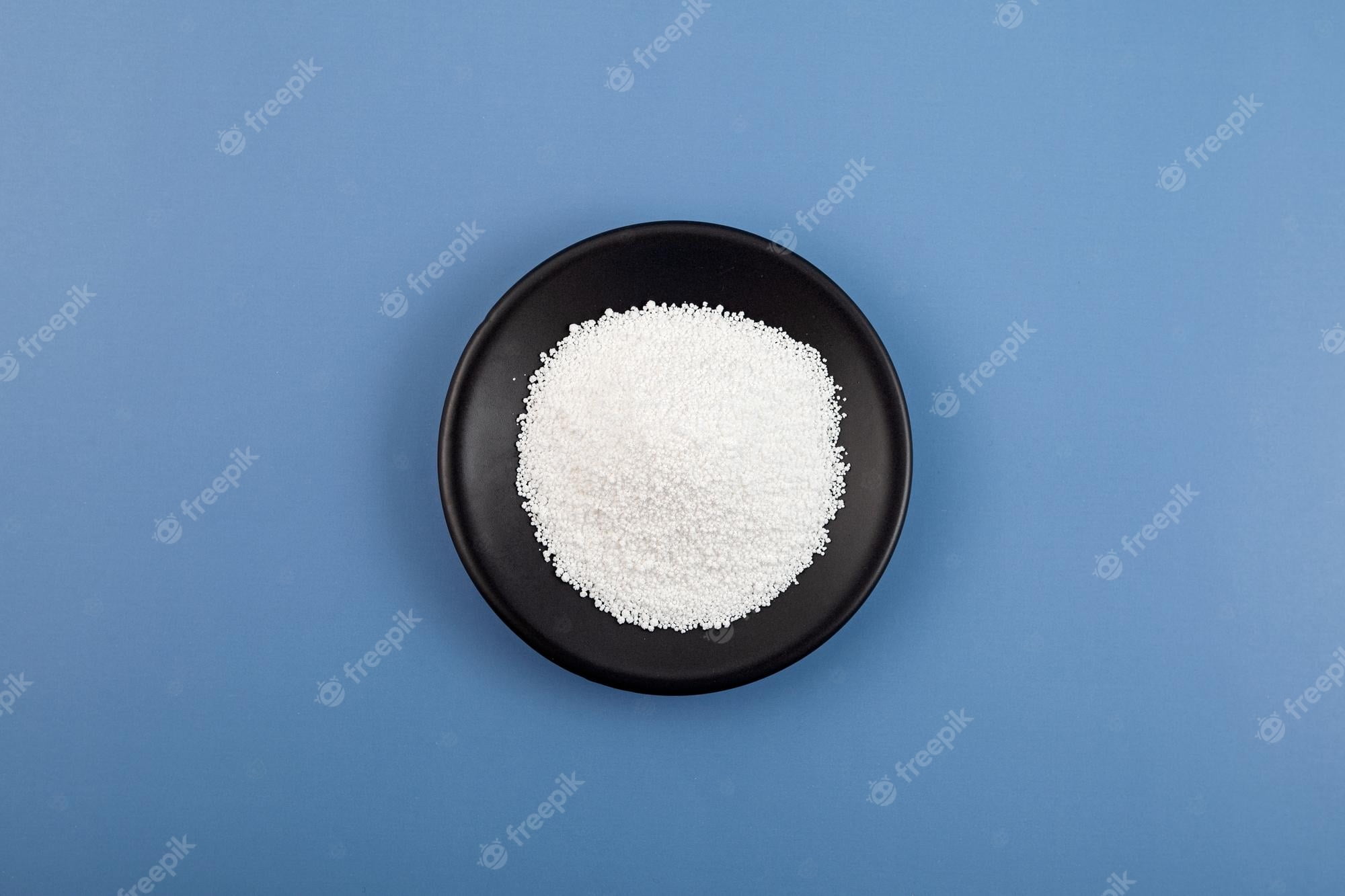
Contents
Introduction
Pregnancy is a time when women become hyper-aware of what they put into their bodies. Every morsel of food, every sip of drink, and every medication is scrutinized for potential harm to the growing baby. Sodium benzoate is a common food preservative found in a wide range of products, and its safety during pregnancy is a topic of concern for many expectant mothers. In this article, we will delve into the world of sodium benzoate and its implications for pregnant women.
Understanding Sodium Benzoate
Sodium benzoate is a widely used preservative in the food and beverage industry. It is often added to processed foods, soft drinks, fruit juices, and condiments to extend their shelf life. This synthetic compound is known for its ability to inhibit the growth of bacteria, yeast, and fungi, preventing spoilage and maintaining product freshness.
The Controversy
The controversy surrounding sodium benzoate stems from its potential to form benzene when exposed to heat and light. Benzene is a known carcinogen, and its presence in food products is a cause for concern. However, it’s essential to differentiate between sodium benzoate’s use as a preservative and its potential to form benzene.
Is Sodium Benzoate Safe During Pregnancy?
Now, let’s address the primary concern: is sodium benzoate safe for pregnant women?
FDA Approval
The United States Food and Drug Administration (FDA) has approved the use of sodium benzoate as a food additive. They have set specific limits on the amount that can be used in various food and beverage products to ensure safety. These limits are based on extensive research and are considered safe for the general population, including pregnant women.
Benzene Formation
The formation of benzene in products containing sodium benzoate primarily occurs when they are exposed to high temperatures and ultraviolet (UV) light. In typical storage and consumption conditions, such as room temperature, the risk of benzene formation is negligible. Pregnant women can consume foods and beverages containing sodium benzoate without significant concerns regarding benzene exposure.
Dietary Choices
While sodium benzoate itself is not a significant risk during pregnancy, it’s essential for expectant mothers to make wise dietary choices. Opting for a balanced and varied diet that includes fresh fruits, vegetables, and minimally processed foods is always a good practice. This approach reduces exposure to not only sodium benzoate but also other additives and preservatives.
Conclusion
In conclusion, sodium benzoate, when used within FDA-approved limits, is generally considered safe for pregnant women. The concerns related to benzene formation are valid but are primarily relevant in specific conditions not encountered during typical storage and consumption. As always, it’s advisable for expectant mothers to maintain a well-rounded diet and make informed food choices.
FAQs (Frequently Asked Questions)
- Can I consume products containing sodium benzoate during pregnancy?
- Yes, you can. The FDA has set safe limits for sodium benzoate in food products.
- Should I be concerned about benzene formation?
- Under normal storage and consumption conditions, benzene formation is unlikely to be a significant concern.
- Are there any alternatives to sodium benzoate during pregnancy?
- Some food products use alternative preservatives, but sodium benzoate is generally recognized as safe by regulatory authorities.
- Can sodium benzoate cause birth defects?
- There is no scientific evidence to suggest that sodium benzoate causes birth defects when consumed within recommended limits.
- What other additives should I be cautious of during pregnancy?
- While sodium benzoate is generally safe, it’s advisable to limit the consumption of products high in artificial colors and excessive sugar.




